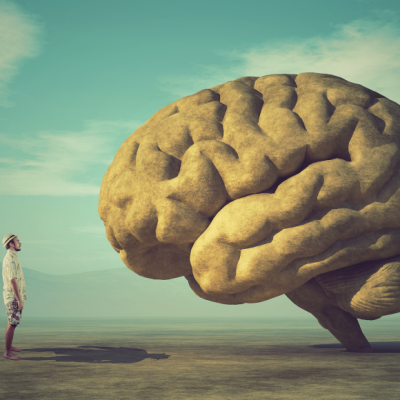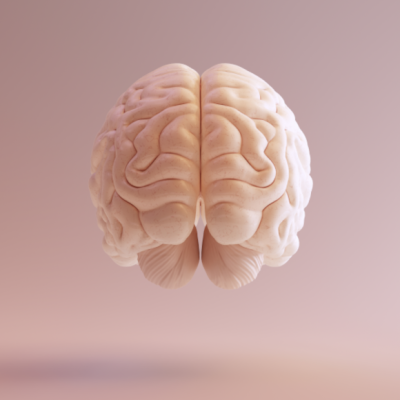The negative perception of video games is a common one, but the positive effects of digital games are also well-known. For example, puzzle games can improve brain function and even prevent future brain diseases. Action games, in particular, have a better impact than their reputation suggests. Despite their popularity, video games are often viewed negatively due to their potential social and cognitive consequences. However, a conscious and responsible approach to gaming can lead to improved brain performance and knowledge acquisition. Even action games, which are often criticized, have scientifically recognized benefits for brain training.
Research conducted by Daphne Bavelier, a scientist at the University of Rochester, showed that people who play action games are significantly faster and better at making decisions than non-gamers. The study also found that playing video games for 50 hours over nine weeks led to the best cognitive performance. The training effect can last up to a year, even if the player does not continue to play action games during that time. The study results demonstrate that responsible and moderate gaming can lead to better brain performance than rejecting this genre altogether.
The positive effects of video games on brain function are particularly relevant for people who need to maintain quick reaction times in their profession. Therefore, gaming can be viewed as a useful form of brain training. While video games can have negative consequences, a conscious and responsible approach to gaming can lead to significant cognitive benefits.










